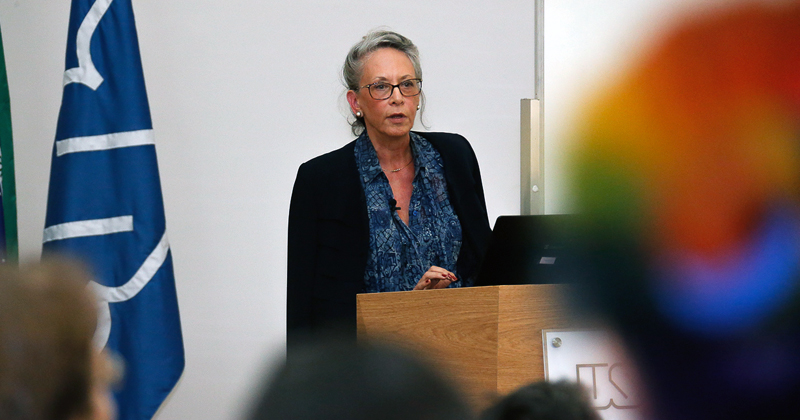Here's some news about the new school choice system in Chicago.
Here's the press release from Chicago Public Schools:
Overwhelming Majority of CPS Students Receive Offers to Preferred School Choices Through GoCPS High School Application Process
81 Percent of Students Will Receive Their First, Second or Third Choice; More Than 26,909 Incoming Freshmen Participated in GoCPS
And here's some
background information from GoCPS
Round 1 high school offers were officially released to 8th grade students and families by Chicago Public Schools (CPS) this afternoon via the new single application system—GoCPS.
Last spring, the Chicago Board of Education voted unanimously in favor of moving to a single application for all public high schools in the district. The decision was a historic shift that solved a major pain point for families and students who, until now, had to navigate more than 290 schools and program options.
New Schools for Chicago and Kids First Chicago have worked diligently alongside community partners, schools, students, parents, and district leaders to ensure successful implementation in the first year of GoCPS. Together with CPS, we are excited to highlight some results of the Round 1 application period:
- 93% of 8th graders successfully submitted applications to high school through the new GoCPS system.
- 92% of students who applied were matched to a school.
- 81% of students were matched to one of their top 3 choices.
Compared to other urban districts, these participation and match results in GoCPS’s first year are exceptional. For example, Denver Public Schools uses a similar system and their highest participation rate is 84% after many years of implementation.
With the right support and plan for continued improvement, Chicago could emerge as the leader not only in universal enrollment, but also in the adoption of modern systems and processes to better serve large, complex student populations.
OUR WORK TO SUPPORT CHILDREN, FAMILIES & THE DISTRICT
- Free enrollment support to families, communities, and schools via our Kids First Chicagoinitiative.
- Ongoing parent focus groups on the GoCPS application process. Working in partnership with CPS, we have polled parents at each stage of the new enrollment process to gain insightful user feedback.
- Work directly with the district in creating and distributing clearer and more effective information on school quality for parents and students as they prepare to apply to and accept their school options.
***********
Here's a story from D.C. that highlights that even a good school choice enrollment system doesn't create enough good schools to accommodate all the children, so that until we have enough good schools, school choice will be "playing the lottery" for some families. (But a good system allocates places more efficiently...)
The D.C. lottery is intended to give all kids a fair shot at a top school. But does it?
"Before the District implemented a lottery system using a single application in 2014, parents had to keep track of about 30 lottery deadlines and applications. Charter schools operated their own lotteries, and the traditional public school system ran separate lotteries for lower and upper grades. Chaos ensued. Parents often had to go to each school to submit a lottery application.
Adding to the confusion, charter schools informed parents of the lottery results at different times, which resulted in parents enrolling their children in the first school they heard back from and then, when they received a slot at a more desirable campus, enrolling them there, too.
When Scott Pearson took over the D.C. Public Charter School Board in 2012, he met with Kaya Henderson, who was chancellor of D.C. Public Schools, and they pushed for a unified lottery system. Denver, New Orleans and New York had already streamlined the process, so the technology and precedent were there.
By spring 2014, My School DC was ready for use. Schools aren’t required to enlist in the common lottery, and Pearson said it wasn’t an easy sell.
He worked on convincing the big charter networks, including KIPP and Democracy Prep, to participate, and most other schools followed.
“We had a target customer in mind, and it was a single mom living east of the river who was unbelievably burdened and often locked out of the ability to participate in school choice,” Pearson said.
The engineering behind My School DC is based on the algorithm that earned the 2012 Nobel Prize in economics for formulas that matched thousands of medical residents with hospitals, kidney donors with recipients and New York students with high schools.
Neil Dorosin, executive director of the Institute for Innovation in Public School Choice, which develops lottery algorithms, said parents can’t cheat the system, and schools can’t sift through applicants to choose who they want.
Software assigns participants a number that sticks with them until they are matched with a school. Children then get to enroll in that school while remaining on the wait list for any school that a family ranked higher but did not get into.
“All the algorithm is doing is just implementing what that city’s rules are,” Dorosin said. “If you are looking for unfairness, it is not in the algorithm.”
"











